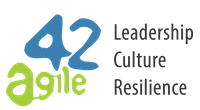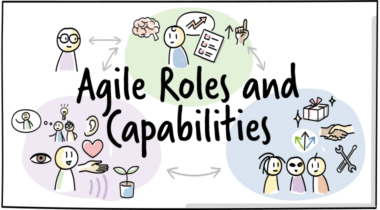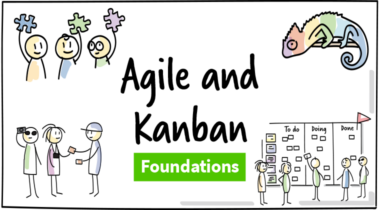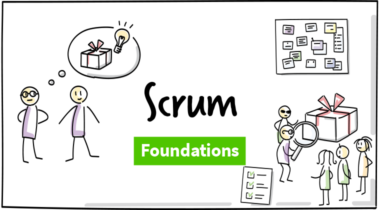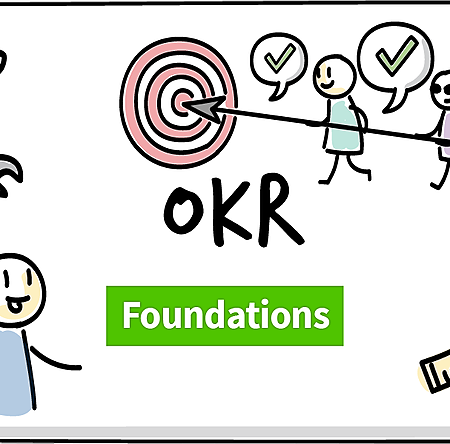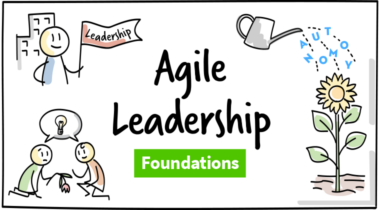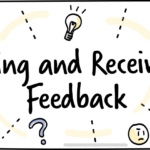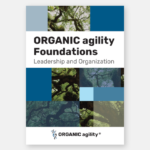The umbrella term “Agile” was introduced with the Manifesto for Agile Software Development (commonly called Agile Manifesto) in 2001, when the various lightweight methods developed in the 1990s were starting to enter the mainstream. Agile in itself is an abstract concept, mainly a philosophy or a collection of thinking models based on the values and principles defined in the Agile Manifesto. Scrum, XP and the other frameworks provide practices and processes that are compatible with the Agile values.
Scrum provides a clear definition of accountabilities within the Scrum team, which gives directions for the adoption of the framework and its values and practices. On the other hand, methods like Kanban are not as explicit. However, through coaching and training customers over more than a decade, agile42 has identified the foundational functions necessary to embrace an agile approach in an organization. From an agile perspective, roles are considered more as functions that are distributed throughout the organization: their aim is to foster collaboration between different people in order to reach a common goal, where traditional views advocate for strict roles and responsibilities.
By completing this course, you will get a succinct yet comprehensive introduction to the functional roles which are necessary to make an Agile environment work and produce value to customers quickly and with quality.
